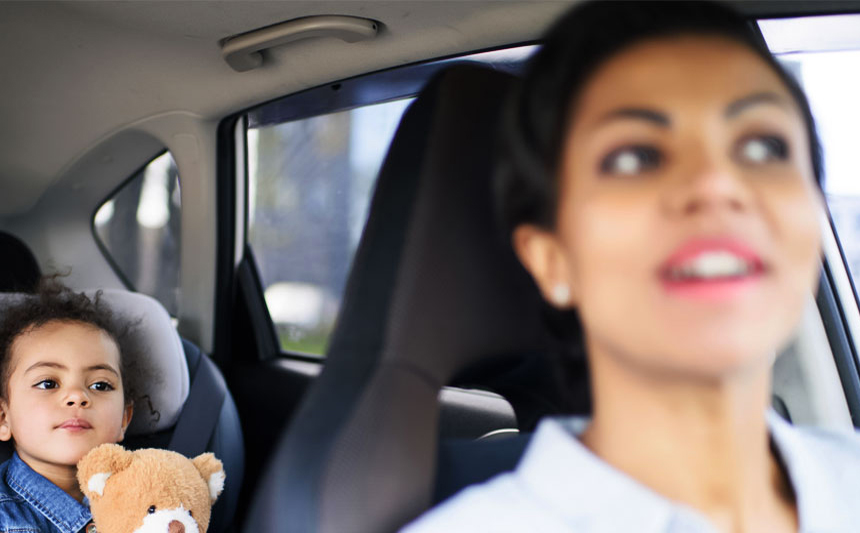Heat can be deadly to children: What you need to know

Memorial Day weekend typically marks a sustained shift to warmer temperatures as spring gives way to summer. Hot weather is sure to soon take hold across Kentucky, so now is a good time to remember steps to protect your children against heatstroke.
Heatstroke, also known as hyperthermia, is the leading cause of non-crash, vehicle-related deaths for children younger than 14. In 2018, 52 children died from heatstroke, making it the deadliest year on record in the last 20 years. Since 1998, nearly 800 children across the U.S. have died from heatstroke when unattended in a vehicle.
Tragically, most child deaths caused by heatstroke are preventable. More than half of all heatstroke deaths occurred when a busy or distracted caregiver forgot a child was riding in the backseat of a vehicle. One-third of heatstroke deaths resulted from a child becoming trapped inside a vehicle after climbing in on their own.
Symptoms of heatstroke can quickly progress from flushed, dry skin and vomiting to seizures, organ failure and death.
Safe Kids Fayette County explains how you can help protect your kids from heatstroke.
ACT against heatstroke
Heatstroke dangers are entirely avoidable when caregivers take time to observe safety protocols. Remember to ACT with these safety tips:
A: Avoid heatstroke-related injury and death by never leaving your child unattended in a vehicle. A young child’s body heats up three to five times faster than an adult’s body, and the internal temperature of a car can increase 19 degrees in just 10 minutes. Cracking windows does not make it safe for children to sit in a car unattended.
C: Create reminders for those chaotic days. Hang a note on your rearview mirror or make a habit of placing your purse or briefcase beside a car seat. Create an alarm or alert on your smartphone. Be accountable to someone else for dropping a child off at a daycare.
T: Take action. If you see a child alone in a car, call 911.
Safe Kids Fayette County is a childhood injury prevention program led by Kentucky Children’s Hospital. Call 859-323-1153 for more information.




